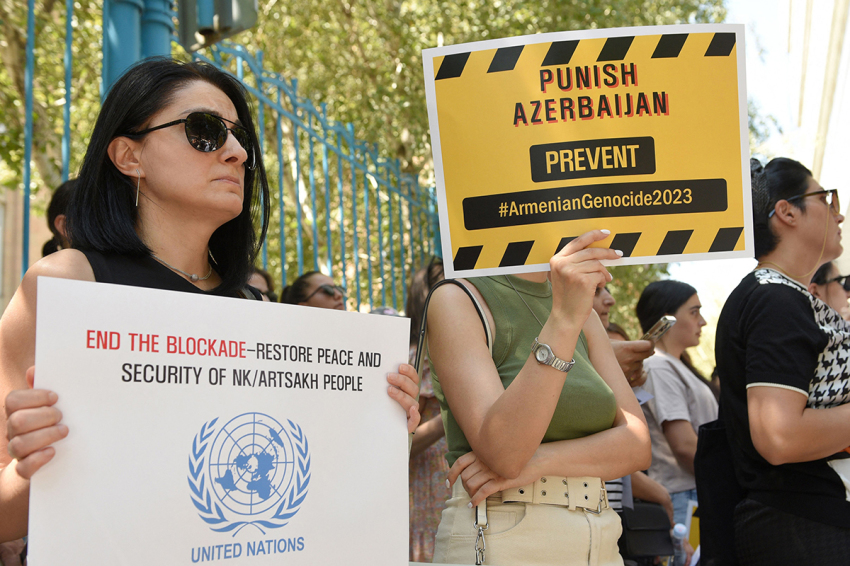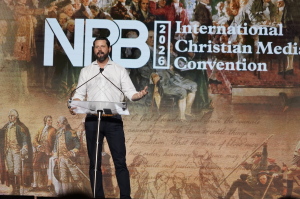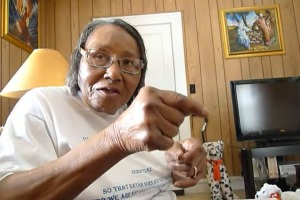'Rid its borders of Christianity': Azerbajian lands on list of worst Christian persecutors

The predominantly Muslim nation of Azerbaijan has landed on a persecution advocacy group's list of the worst countries for Christian persecution over its policies toward neighboring Armenia.
The United States-based International Christian Concern (ICC), which tracks the persecution of Christians worldwide, released its 2023 Persecutors of the Year report this week.
The publication lists Azerbaijan among the top 10 nations hostile toward the faith. The list includes Nigeria, North Korea, India, Iran, China, Pakistan, Eritrea, Algeria and Indonesia.
Sandwiched between Turkey and Iran, Azerbaijan has warred with Armenia for decades over the Nagorno-Karabakh region, which consists of as much as a 98% majority Christian population, most of whom identify as Armenian Apostolic, according to ICC.
The two nations have entered into conflict at least twice over the last century, but following a monthslong blockade earlier this year, Azerbaijani forces commandeered Nagorno-Karabakh, a self-known to Armenians as Artsakh, in September.
The region was previously controlled by ethnic Armenians as the unrecognized Republic of Artsakh, a de facto independent state internationally recognized as a part of Azerbaijan.
After a six-week war with Armenia in 2020, Azerbaijan regained control of territories surrounding Nagorno-Karabakh. An armistice brokered by Russia left the region connected to Armenia only by the Lachin Corridor. Nagorno-Karabakh had been under varying degrees of blockade since December 2022 and was completely cut off from Armenian supplies in mid-June before the September offensive.
"Azerbaijan's end game is clear: to rid its borders of Christianity either by forcing the Armenian people and their faith out of Azerbaijan or destroying the people and historical sites," the report states.
ICC highlights the language employed toward Armenians by Azerbaijan President Ilham Aliyev, who "uses derogatory rhetoric, such as barbarians, rats, and vandals, to describe and dehumanize the Armenian people."
In 2012, Aliyev tweeted, "Our main enemy is the Armenian lobby."
"Armenia as a country is of no value," he tweeted "It is actually a colony, an outpost run from abroad, a territory artificially created on ancient Azerbaijani lands."
The Armenian lobby is our main enemy and we are the main enemy for them.
— Ilham Aliyev (@presidentaz) November 20, 2012
Despite the ancient heritage of Armenia as the world's first Christian nation, the report points to what it described as the international community's "ill-informed understanding of the ancient cultural heritage of Armenia."
Videos that surfaced of the 2020 conflict between the two nations showed Azerbaijani forces "intentionally destroying" Christian cultural landmarks like the centuries-old khachkars, or cross-stones, and churches such as the Ghazanchetsots Cathedral, one of the largest Armenian churches in the world.
"For most people living in the region, to be Armenian is to be Christian," the report stated. "Therefore, persecution against Armenians and Armenian residents of NK is persecution against the body of Christ."
Until the September invasion, the region had a predominantly Christian population. The 24-hour Azerbaijan September offensive killed at least 200 ethnic Armenians, including 10 civilians. Over 400 were wounded.
Officials last month estimated more than 100,000 Armenians were forcibly displaced from the region.
Of the displaced, roughly 32,000 have taken up accommodation offered by the Armenian government, while others chose to stay with friends or relatives in Armenia.
In October, Armenia's Prime Minister Nikol Pashinyan accused Azerbaijan of "ethnic cleansing," warning that "in the coming days, there will be no Armenians in Nagorno-Karabakh."
That prospect has raised international concern from organizations across the political spectrum, including the National Council of Churches (NCC), which released a statement reiterating its support for the Armenian Orthodox Church, one of the 37 member communions of the NCC.
"While genocide typically takes place methodically over months and years, the NCC believes we may indeed be witnessing a continuation of genocide against the Armenian people, one that is borne of supremacy as in other genocides, but rather than consume the perpetrators in swift and orchestrated killing, unfolds over the long term in disparate acts of ethnic cleansing," the NCC statement reads.
"As we have noted with alarm the illegal, humanitarian blockade of the region and the destruction of critical infrastructure, and observe the steady stream of refugees flowing through a single geographic conduit to safety, can we not assume this is, in fact, what is happening?"
Between 1915 and 1923, an estimated 1.5 million Armenian Christians died after they were expelled from the Ottoman Empire, now known as Turkey. Turkey denied the existence of the Armenian Genocide, and it took over 100 years before the mass killing was finally acknowledged as a genocide by the U.S. government.
Ian M. Giatti is a reporter for The Christian Post and the author of BACKWARDS DAD: a children's book for grownups. He can be reached at: ian.giatti@christianpost.com.



























